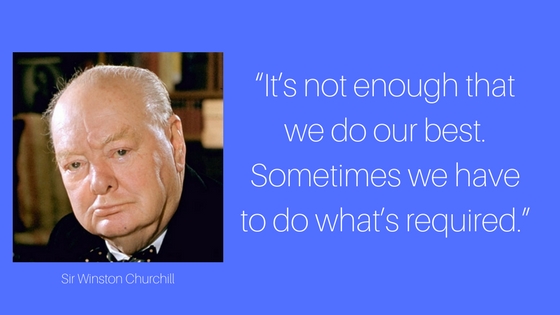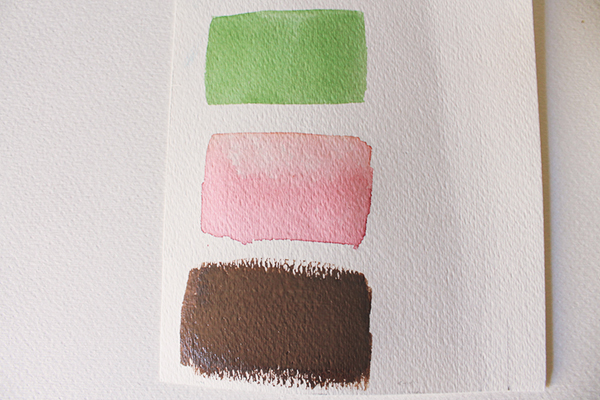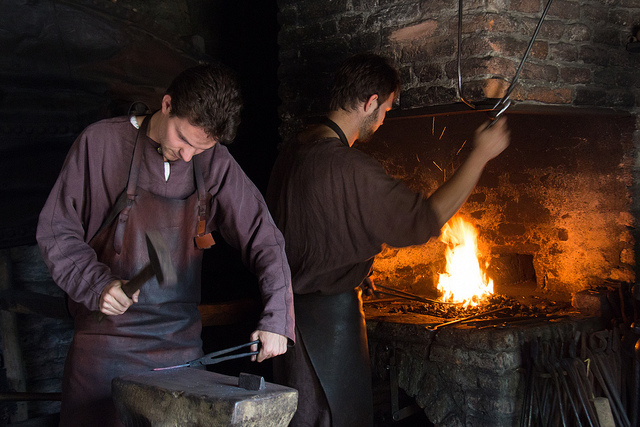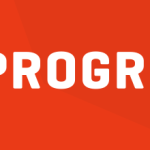“It’s not enough that we do our best. Sometimes we have to do what’s required.”
—Winston Churchill, Prime Minister of the United Kingdom 1940 – 1945

How do you define “Doing Your Best”?
Perhaps it involves working long hours, working till you’re exhausted, till you have nothing left in your physical, mental, or emotional tanks.
What if this best effort is still insufficient to produce the outcome you desire? What options, often hidden from view, are available to somehow find a way?
Churchill’s quote creates a provocative coaching question:
What’s Required?
The openness of this question will likely have you inquire and explore efforts beyond your personal best to tap into people and resources previously not considered.
EXERCISE:
Where in your world is your personal best not enough to achieve a particular goal or outcome?
How would exploring what is actually required in this situation lead you to a solution previously hidden, or not considered?














